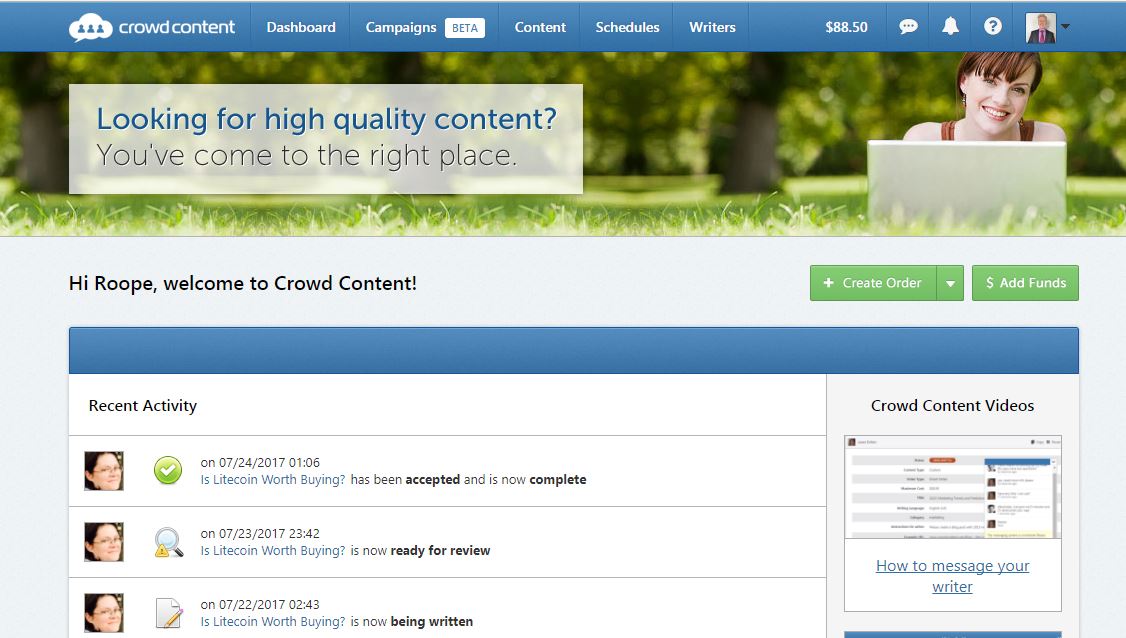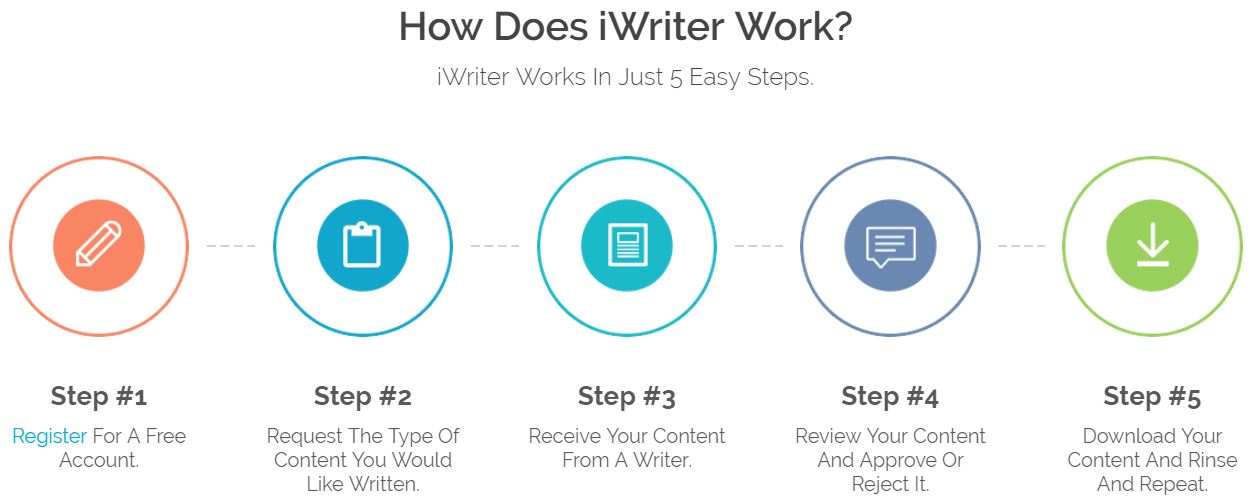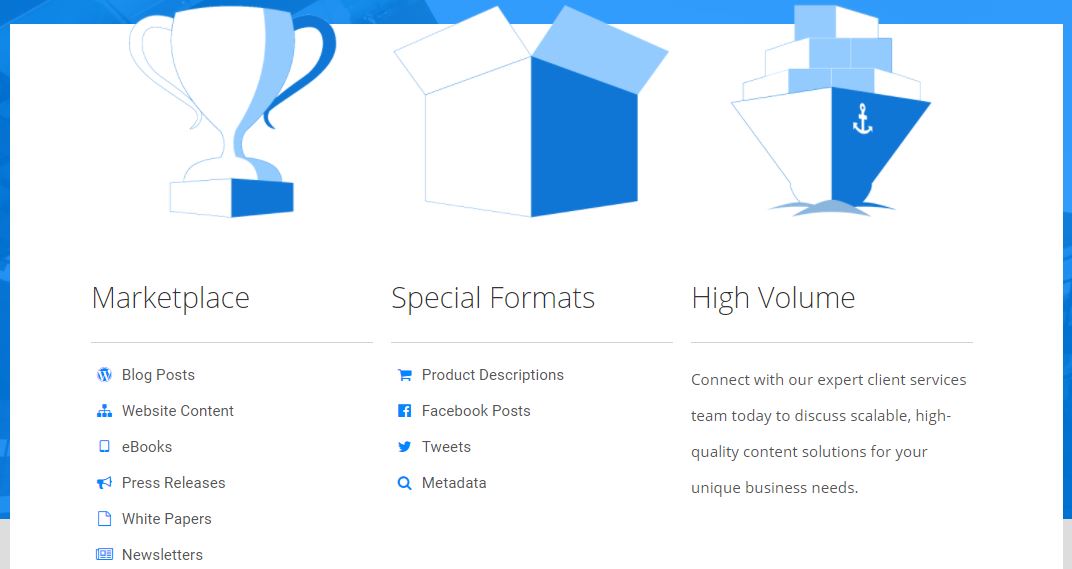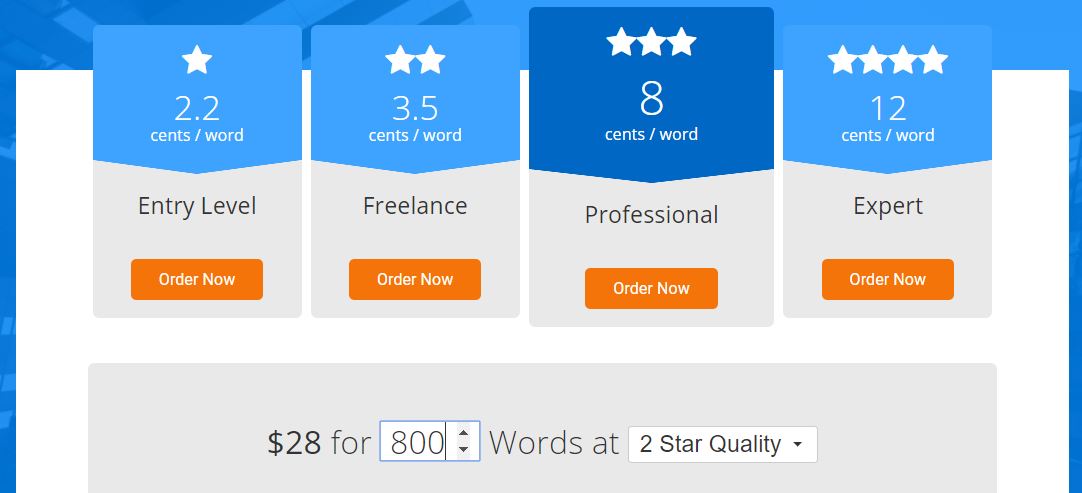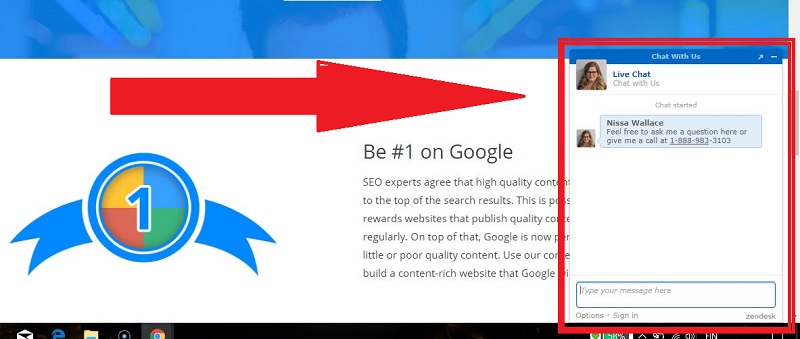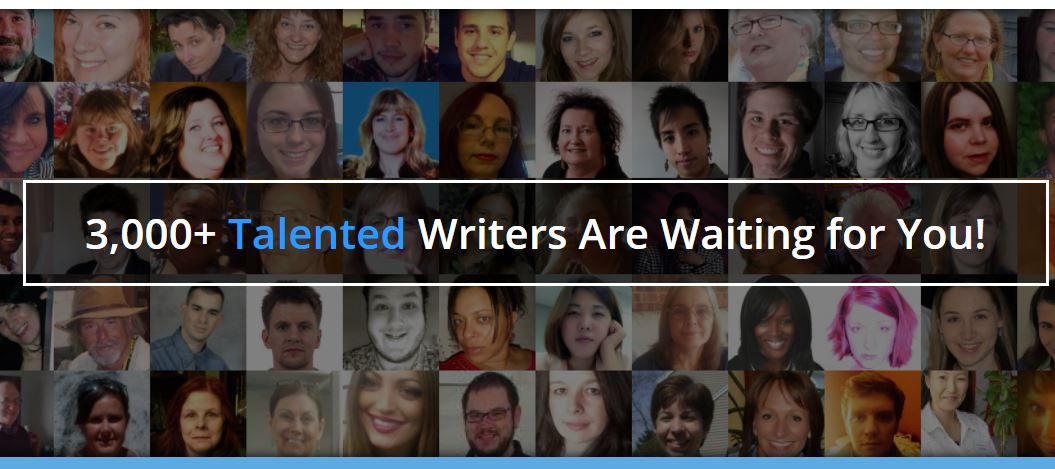16

Everyone wants to know the answer to the question, “How to Get Ranked #1 in Google?”
If you have that knowledge your online business will thrive.
So we decided to interview successful SEO experts to share their wisdom about the topic.
Huge thanks to all the experts who took part in this roundup. I highly appreciate your answers!
First, I want to give you a little summary of the experts’ answers.
Here are 3 most important things that were mentioned in almost every answer.
1.Provide high-quality content.
“You can’t write mediocre content and expect it to rank well.”
Google’s purpose is to show the best answer to the search query. Search what your competitors are providing and provide a little bit better answer than them.
Quality content is the base of the excellent rankings.
2.Use proper keywords.
One part of the high-quality content is great keywords.
Here are some criteria for the proper keywords mentioned by the experts:
- Low Competition
- Long tail keywords
- Targeted to your audience
- Focused, not too broad
- Use LSI keywords
In order to find the best keyword you need to have the proper keyword tools.

3.Promote your content -> Build links.
“The more people that link to your site, the more Google takes that as a sign of quality”
Here are some ways to get links to your site
- Promote your content in social media and forums.
- Engage with the other people in your industry = Get in touch with the people who have the similar websites
- Guest blogging
- = “Be everywhere”
NOTE: No one of the experts didn’t talk about buying links. Engage with the people naturally to get links back to your site.

High-quality content is not enough. You also need to build links = connections with the other people in the industry.
There were also other creative ideas that will boost your rankings:
- Do something outrageous
- Build authority / Brand
- Do audio interviews -> post transcripts
- Publish content consistently
Those were the things that I wanted to raise from the answers to give you the little summary.
=> Want to get a step-by-step training on getting ranked #1 in Google? Start Here!
I recommend reading through all the answers to get highly valuable insights on getting ranked #1 in Google.
Remember, all of these experts know what they are talking about because they achieved great online success already. So the question was,
How to Get Ranked #1 in Google? Mention 3 Most Important Things.
Let the experts talk:
My 3 SEO tips coincide with Google’s 3 biggest ranking factors, funnily enough:
1. Content – This doesn’t just mean “write good content”. It means, make sure your content has good on-page SEO, and will also be able to contribute to the two other factors below. This could be because it is original, quality, or interesting.
2. Links – The more people that link to your site, the more Google takes that as a sign of quality. Of course, links need to be from trusted sources.
3. Engagement – If people aren’t engaging in your site, Google thinks of that as a red flag. Make sure you have good time on site, pages per visit, and where possible, a low bounce rate.
My top 3 things for getting ranked #1 in Google
1) Find a low competition keyword with few websites using that exact keyword on their website (low QSR)
2) Check out the search results on page one and make sure they are not competitive websites
3) Write a post over 1000 words using the keyword in the title, first paragraph, some headings, and ideally a related video as well as an image using the keyword as an alt tag
Bonus! Internally link back to the post using your keyword or LSI keywords as anchor text.
1st thing first – The success rate of your project depends on the keywords you’re focusing on. If you’re new to it, it’s always recommended starting from low competition keywords that got some good search volume.
2nd – Properly optimize the content with your main keyword, it’s variations, synonym, and long tails. Builds relevancy, and allows you to rank on more than just a keyword.
3rd – Don’t go crazy over a particular keyword.
Don’t fire hundreds of link with a single keyword. Diversifying anchor text profile is as important as diversifying your backlink profile.
Hit your homepage with branded and naked URLs i.e. (Your Brand, YourBrand, YourBrand.com, http://www.yourbrand.com, http://yourbrand.com…and so on) this builds up the authority of your homepage that gradually allows you to rank your inner page without much effort.
The top 3 ways to get ranked #1 in Google are as follows:
1. Understand your audience and its needs. If you do this one thing, you will naturally populate your pages with the words and word combinations that your audience will use when searching for your products. Sometimes those words will be about products and services, sometimes they will be about problems to solve and sometimes they will be more about a type of activity. The best keyword research is simply understanding your audience.
2. Do something outrageous. By “outrageous”, I mean something that gets you noticed. If you hire a troupe of students to paint murals over graffiti walls in your city, and alert the media and bloggers to bring their cameras, you’ll create buzz. That buzz will translate into articles and social mentions for your brand. There is no better link-building than earned links. I once had a credit card comparison client. I had them lobby the Canadian government to eliminate the penny (which it did). That got them some unexpected links.
3. Be everywhere. OK, maybe not quite. But get involved in as many forums and discussion groups (such as on FaceBook, Skype, LinkedIn and FaceBook) as you can find in your niche. It’s not by hiding under a rock that I got asked to participate in this roundup, for example.
To effectively rank #1 in Google, you should follow these three methods.
1 – Choose a niche market, niche down even further and then focus on creating great content and using long tail keywords. You can see a breakdown of how you should approach this process here.
2 – Once your site and content are in place, then it’s time for outreach. Contact other relevant sites within your niche and ask to guest blog on their sites. Another option is to do broken link research and ask sites to replace their broken link references with a working and valuable link on your site.
3 – Tracking the performance of your keywords and your competition is key. Know where you and your competitors are ranking and why. Use competitor tracking tools to see where they are building links and replicate the process.
Ultimately this is such a broad question that any answer can only be equally broad. There are so many moving parts and the approach for a local business trying to rank for a commercial term with local customers versus a business trying to rank a piece of content in first place around the world would be completely different. However, we can attempt to look at the core elements here and provide some general guidelines.
From a high level, there are really only two things that matter: content & links. So, let’s expand upon this some:
You must have the most relevant and ideally best answer to the customers question. You start here. With the quality. With the best answer. Google just wants to direct people towards the best answer to the question they pose so start by ensuring you have the best answer out there.
Then, you must consider an authority. As an example, I could create a piece of content around Local SEO and place it on our site www.bowlerhat.co.uk. Chances are though it would not rank first. We simply don’t have the authority that the big players in this industry have. The same piece of content (or one far weaker) could be placed on Search Engine Land or Moz and rank in the top 3 with relative ease. Ultimately, the ranking factor surveys that are done still see domain level and page level link metrics as the key ranking factors so it is important to consider where you will place the content for maximum exposure.
Sure, you could conduct a link building campaign around a given piece of content on a far weaker domain and would likely have some success. Certainly this is true as you dig deeper into a given subject but for big, broad and highly coveted terms you want to start with a solid foundation so a triple A site is a sensible starting point.
Beyond relevance and authority, there are then many other factors: trust, quality, credibility, technical optimization. The specifics vary by location, keyword, industry and too many other variables to mention. So the third key ingredient would be strategy.
Understand what you want to rank for and then determine the best strategy to do so. Get a solid understanding of what needs to be done to improve your position. Consider all the many variables, plan your attack and you won’t go far wrong.
Here are the things about SEO:
1. Content wins every time. You can’t write mediocre content and expect it to rank well. Go to Google, search for your main keyword phrase, read through the top 10 results and write a blog post BETTER than any other post on the first page.
Of course, this does not guarantee anything but it gives you a higher chance of ranking well.
2. Consistency is crucial.
Google loves fresh, unique, high-quality content. However they love the consistency just as much. You can’t post every single day for a week, then stop posting for a year, then start posting once a month. Create a posting schedule and stick to it.
When Google understands that you’re adding new content consistently they will start giving more importance to your content (even your old content will start ranking better). This alone might give you a few Featured snippet rankings (when you are ranked in a special box above all other results, as an expert).
3. Promotion.
No one canceled backlinks. Google is much smarter now and you can no longer just buy some low-quality backlinks and rank well (thankfully). However, just posting your content isn’t enough. You need to get this content in front of people.
Share your content on all of your social media accounts. Share it in relevant Facebook groups and Reddit (don’t spam though), reach out to influencers in your niche and tell them about it, etc. When people talk about your content, share it and interact with it – search engines notice all of it.
It takes me 1-3 days to create an amazing piece of content and it takes me another 3-4 days of promoting it. Do I end up ranking #1 every time? No. However, I do get in the top 5 very often.
There is no magic button to good rankings. It takes hard work and dedication.
1. Create keyword appropriate landing pages. Make sure you’re targeting the group of related phrases that answer the intent of the visitor. LSI keywords are essential and allow you to rank for a wider array of queries.
2. Create content that is better and provides more value than the other top ranking pages. The Internet is very saturated with competition and because of this you can’t halfheartedly create a landing page and expect it to rank well. It needs to provide value to the consumer.
3. Obtain backlinks from high domain authority and/or high domain rating websites. You can do this with real outreach, engagement, link bait and more. Combine your outreach efforts with social to maximize your social reach as well.
I don’t know how to get ranked #1 in Google. If I could pinpoint an exact process that gets you the #1 spot, I surely wouldn’t be giving it away for free! I can tell you that my focus on moving up in the rankings has always been a primary focus on writing quality content. I write content that I would want to read myself. Without proper, engaging content, a #1 position is worthless as there won’t be anyone sticking around to read it.
Building relationships with other players in your niche is the other key focus. Positive relationships lead to positive results. My biggest competitors in the search results are also some of my closest friends. Positive relationships lead to sharing of content on social platforms and high-quality, organic backlinks.
Getting ranked highly in Google takes patience and hard work. There are no shortcuts, but if you put in the effort you can make progress every time you post content on your blog.
Here are 3 things I have done to make my websites rank higher in the search engines.
1) Do audio interviews of influencers and post the transcripts
Text transcripts of interviews you do with leaders in your topic focus are a terrific way to get keyword-rich content on your site. Most bloggers have a difficult time creating long-form blog posts that have the right percentage of keywords that will be indexed highly by Google. The beauty of transcripts of an audio conversation is that they will naturally have a lot of the keywords you want to rank for and you don’t have to manually insert them into blog posts in a way that might seem forced.
You can find people to transcribe your audio on Fiverr (make sure they are native speakers of the language your audio is in) or a service like CastingWords.com. Then use a service like SoundCloud.com to embed the audio and post the full transcript below. The transcript is what works so you can even consider not posting the audio at all and use just the transcript. I have used transcripts to create keyword-rich blog posts for many years and it’s a fast way to get a site ranked higher in Google.
2) Choose a hyper-focused topic
If you want to get ranked #1 for the keyword “internet marketing” in Google, you better have a few years and a few million dollars to start! With so many people chasing that keyword, it is nearly impossible to rank well.
BUT, you can rank high if your topic is, for example, “internet marketing for pet shop owners.” My advice to bloggers these days is to take the topic you want to focus on and slice it in half. Then slice it in half again. Drilling down to the most focused topic possible will ensure the competition for that subject won’t overwhelm your efforts to rank highly and compete with the rest of the world.
Most bloggers make the mistake of thinking that their topic is too narrow when in fact they are way to wide. Hyper focus on the smallest niche possible – that is the key to ranking #1 on that topic
3) Focus on quality, not quantity
This one is a “back to basics” idea, but posting at least once per week is important to rank well in the search engines. But more importantly, it is the quality of those posts that matter – not the number. If you only have time to do one great post per month, then do that. If you can break that longer post into two posts, even better.
But the focus should always be on longer-form quality posts that cover one topic from start to finish. Those type of “how to” posts will always be ranked higher than short snippets in Google.
Having great, in-depth content is the foundation of getting great rankings in Google. It’s no secret that Google favors lengthier content. But, you shouldn’t fluff your content in order to reach a certain word count. Instead, you should aim to answer all questions a reader might have while reading your content. This makes it easy to create longer content.
Once your content is created, it’s not the time to move onto the next blog post.
Instead, you need to spend time promoting it to get links. Not only should you continuously promote it on your social media accounts, but you should look for websites to link to your content. These sites can be resource pages, broken links being replaced with your link, or websites that have linked to similar content to yours (but get them to replace it with your link since your content is better).
The last item is to be sure you have a mobile-friendly site. With more and more users searching on mobile and Google even favoring mobile friendly sites in mobile searches, having a mobile-friendly site can help a site rank better.
As with most things SEO, the answer is “it depends”. Are you global or local?
Then the first tool I would use is common sense… it’s rarely used anymore.
For all around, I’d say relevance, links and keywords. For local, I’d add in local citations as a really big deal.
Relevance: Is your content concise? Are you on target with your message? Do you provide what you promise? Does your site structure provide ease of access to the content for both visitors and search engines?
Links (via relationship building): Back links are still a big deal, but how you do them has changed and will continue to change. For me and my clients, I’ve found that creating relationships through social networks, commenting on blog posts I’ve enjoyed reading, and meeting people at conferences, etc, bring the best and most rewarding links.
Keyword research: Choosing the right terms to target is still high on my priority list, whether you pick them thematically or based on the numbers alone. You have to know what your target market is searching for in order to respond to that search. It doesn’t do you near as much good to be writing about how nifty your “pattern” is if you don’t specify what type of pattern it is for your visitors. Keyword research – and optimization in general – helps you keep your marketing on target.
The 3 key factors to really get ahead in the SERPs:
1. The quality of links pointing to the page and/or high Domain Authority (DA). Having both can extremely separate you from your competitors.
2. If the page’s content can genuinely satisfy the intent of the searcher. Aside from having a well-designed and fast-loading page, as well as a content that’s comprehensive, useful and offers unique value, it’s also crucial to ensure that the content itself matches the query it’s aiming to rank for.
3. Branding. Build a strong positive reputation for the website in its space and invest on having a few set of other high-value content assets that can collectively solidify the site/brand’s expertise. These all can help strengthen the site’s overall search visibility.
1. Get on the phone, call the people who run the sites you would love a link from.
2. Send 5x more emails than you think you need to get potential sources for guest posts or roundups to actually get some traction.
3. Ask your friends, acquiantances, people at meetups about their sites, find out ways to make a link to your site relevant.
Step 1: Find your keyword
Your first step should be to use Google Keyword Planner to find the best keyword to target based on search volume and competition.
Step 2: Check competing articles for that keyword
Then you can use BuzzSumo to find the most popular blog posts based on that keyword. It´s important that you notice the headlines, social shares. Pick the top 10 blog posts and study them extensively.
When I say extensively, well, then I mean extensively. Why? Because you want to find out why these posts went viral. Note down what makes the top 10 articles stand out, and then find out HOW you can make your article better.
Tool 3: Identify the top 10 articles on Google
Now it´s time for you to Google your keyword and study the headlines and content of the top 10 articles.
Note that BuzzSumo´s most popular articles don´t necessarily rank on the first page of Google. You probably know that backlinks, social shares, etc. will help your article rank higher on Google.
But there is one more very important factor…
…and that is the click-through rate (CTR). Basically, that is Google´s way of finding out how popular your article really is, and the more people who click on your article, guess what happens?
You should study the headlines and the description of the SEO text on the top 10 articles on Google. That information will be the make it for break it whether people will click on your article or not through Google.
An example of this is the first roundup post I created, 80 Productivity Tips From Incredibly Busy Experts, that generated:
– 20,231 page views in 6 days
– 1600+ social shares
– 94 comments
By using this technique, I have now several blogs post on the first page of Google.
And you can too!
However, knowledge is totally useless, if you don´t apply it. Go and take action now.”
1. Match the keyword intent. What is the searcher trying to accomplish? If you give them exactly what they’re looking for, your engagement metrics will be great. Engagement is already a ranking factor and it will only become more important in the future.
2. Create high-quality content. You don’t need an aged domain with high domain authority to rank anymore. It’s easy to stand out with exceptional content. Don’t just match the keyword intent. Go above and beyond with the content you provide and you’ll be rewarded with links and engagement.
3. Promote your content. It’s not enough to just publish something great. If you want to attract those links and traffic, spread the word any way you can. If you’ve truly created something great, people want to hear about it. It’s only spam if you’re peddling useless garbage.
My 3 best tips to boost ranking in Google are;
- Implementation of the Right Keywords: Research and implement target based keywords across your website (pages and posts) to improve click-through-rate and to increase search engine ranking. Make use of LSI keywords (related search terms and phrases) to naturally improve your article’s keyword density. This would also help you to steer clear of keyword stuffing.
- Write In-depth Content: Create content that provides actionable solutions that’ll help solve your reader’s problem. Go as in-depth as you can and make sure to promote your content consistently on relevant social channels to increase engagement.
- Optimize your Site’s Speed: Website speed matters. Slow website page speed and download time can negatively affect your site’s ranking. Hence, ensure that your site is performing optimally at all times and to make your site super fast enable browser caching, optimize images and use a good CDN network.
There’s no magic route to get to the golden No. 1 spot in Google. It takes a lot of time, strategy, trial and error. With that said, consider the following.
1. Useful content. The old adage “content is king” is always relevant. People love useful resources and will naturally share quality content. User engagement acts as a signal that tells Google what searchers are looking for, so it’s important to make your content as valuable as possible.
2. Optimize your assets. Make sure you have your basics covered; find your target keywords and optimize all of your assets.
3. Become friends with Google. Although Google doesn’t give you a road map for ranking, they do have general guidelines and practices that make it easier to crawl and index your site. Find out all of the ways you can make your site Google-friendly, and you’ll be on your way.”
Links and Content.
Neil’s answer nicely summarizes two most important things in Google rankings, Links and Content.
I hope that experts’ answers gave you lots of valuable information to get ranked first in Google.
I am sure that these tips will help you to get ranked better in future. These guys really know what they are talking about!
If you want to learn more on how to get ranked #1 in Google, I recommend the wonderful step by step training in Wealthy Affiliate. Even some the experts above have learned their skills in Wealthy Affiliate. The best thing is that you can try their training for free.
If you have any questions or comments, don’t hesitate to leave them below and I will be more than happy to respond you personally.
PS.Don’t forget to share the post on social media 😉
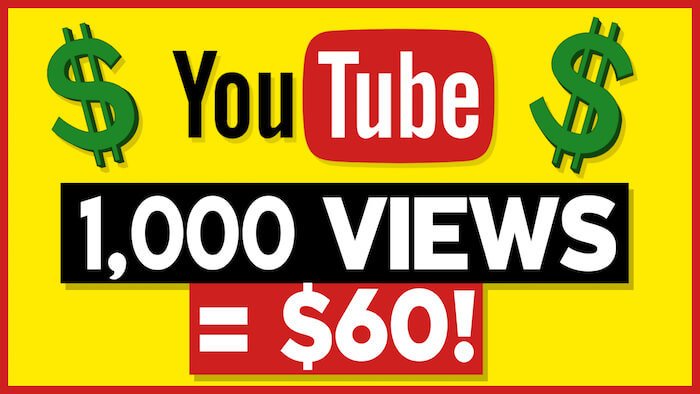








 David Leonhardt
David Leonhardt Zac Johnson
Zac Johnson Marcus Miller
Marcus Miller Alex Sol
Alex Sol Chris Dreyer
Chris Dreyer Steve Razinski
Steve Razinski Tim Bourquin
Tim Bourquin Chris Makara
Chris Makara Gabriella Sannino
Gabriella Sannino Jason Acidre
Jason Acidre Jeremy Rivera
Jeremy Rivera Tor Refsland
Tor Refsland Casandra Campbell
Casandra Campbell Nirav Dave
Nirav Dave Vladimir Gendelman
Vladimir Gendelman Neil Patel
Neil Patel




